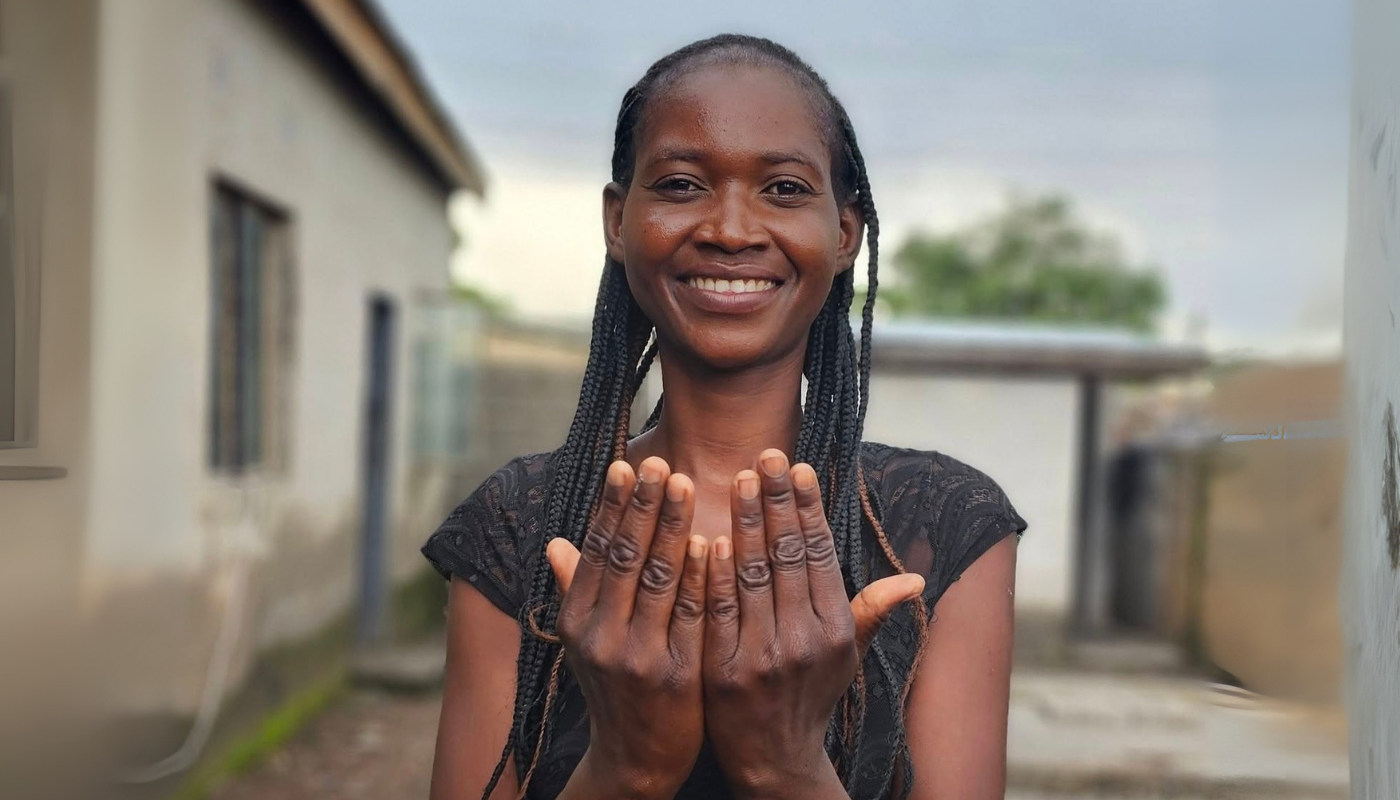Throughout history, Deaf people have been shunned or cast out of hearing communities. During the time of Greek philosophers Aristotle and Socrates, Deaf people were thought to have no intelligence. During Hitler’s reign, Deaf people were tested and tormented in science experiments. In the United States during the 1800s, certain groups tried to pass laws to prevent Deaf people from marrying and having children. Even within the last century, Deaf people have been forced into orality and the use of signed systems that represent spoken languages, instead of being allowed the freedom to use their native sign language.
A new era for the Deaf community
Finally, in 1960, William Stokoe, an English professor at Gallaudet University, began researching and writing about signed languages. For the first time, signed languages became recognized as full-fledged, living languages, independent of spoken languages. This sparked a new era for the Deaf community as their languages became validated. Although life for Deaf people has improved in America, many Deaf communities around the world still struggle with these same issues.
Reaching the unreached
The work of translating the Bible into other languages has been around for centuries. For example, the English Bible was translated in the 1500s. Yet, not one of the world’s 400+ known sign languages has a full Bible translation yet. The historical mistreatment of the Deaf, the recent recognition of sign languages as unique and distinct languages, and the stark reality that no full Bible translation exists in any sign language—these reasons, and more, all contribute to the Deaf being one of the last and most unreached and unengaged people groups with the Gospel.

